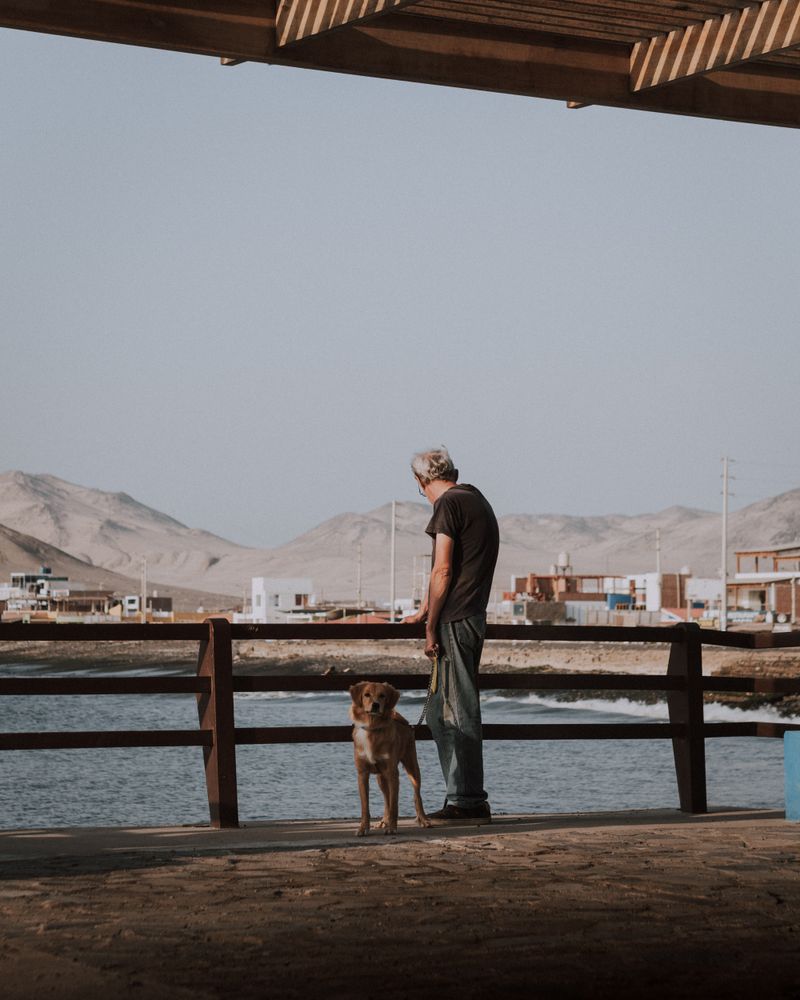Hurricane Calvin Strengthens to Category 3
Hurricane Calvin, currently a Category 3 storm, is approaching the Hawaiian islands. With maximum sustained winds of 120 mph, the storm is expected to weaken to a tropical depression by the time it reaches Hawaii next week, according to the National Hurricane Center. While the exact location and magnitude of potential impacts remain uncertain, the islands are advised to prepare for potentially life-threatening surf and rip current conditions.
Potential Impacts on Island Communities
Hurricanes have historically posed significant challenges for island communities. The isolation of these communities, combined with their vulnerability to extreme weather events, creates a unique set of challenges when preparing for and responding to hurricanes. With Hurricane Calvin’s approach, island residents must be proactive in taking safety measures and preparedness actions.
One of the most pressing concerns for island communities is the potential for destructive waves and flooding. The National Hurricane Center has warned of life-threatening surf and rip currents as Hurricane Calvin’s swells reach the islands. Residents should take heed of evacuation orders and seek shelter in safe, elevated areas to avoid these hazards.
Furthermore, the uncertainty surrounding the exact path and intensity of Hurricane Calvin highlights the need for preparedness at both individual and community levels. Islanders are advised to stock up on essential supplies, including non-perishable food, water, medications, and batteries. It is advisable to have a family emergency plan in place and be familiar with evacuation routes and designated shelters in their area.
A Philosophical Discussion: Humanity and Natural Disasters
Natural disasters like hurricanes not only leave devastating physical and economic impacts but also raise broader philosophical questions about humanity’s relationship with nature. These events remind us of the fragility of human existence and our relative powerlessness when faced with the forces of nature.
From a philosophical perspective, natural disasters prompt us to reconsider our understanding of control and the extent of our influence over the world around us. Despite technological advancements and scientific understanding, we remain humbled by the overwhelming power of hurricanes and other natural phenomena. This humbling experience raises questions about our place in the grand scheme of nature and our responsibilities as stewards of the Earth.
Moreover, natural disasters often expose pre-existing social, economic, and environmental vulnerabilities. They highlight the disparities in society, as marginalized communities are disproportionately affected by the consequences of these events. As Hurricane Calvin approaches the Hawaiian islands, it is crucial to consider the potential impact on vulnerable communities and ensure that adequate resources and support are provided to assist those most in need.
Editorial: Mitigation and Adaptation Strategies
As we grapple with the realities of climate change and its impact on the frequency and intensity of natural disasters, it becomes imperative to focus on both mitigation and adaptation strategies.
Mitigation efforts aim to reduce the causes of climate change and limit its future impacts. This involves reducing greenhouse gas emissions, transitioning to renewable energy sources, and implementing sustainable practices across various sectors. By addressing the root causes of climate change, we can potentially decrease the severity and frequency of future hurricanes and their associated risks to island communities.
Adaptation strategies, on the other hand, focus on preparing for and responding to the inevitable impacts of climate change. This includes implementing early warning systems, improving infrastructure resilience, and enhancing community preparedness and response capabilities. For island communities in particular, adaptation measures should account for their unique challenges, such as limited resources and isolation.
Advice for Island Communities
With Hurricane Calvin approaching the Hawaiian islands, it is crucial for island communities to take the following steps:
- Stay informed by monitoring updates from reliable sources, including the National Hurricane Center and local authorities.
- Follow evacuation orders and seek shelter in safe, elevated areas away from the coast.
- Prepare an emergency supply kit with essential items, including food, water, medications, and batteries.
- Develop a family emergency plan and communicate it with all household members.
- Be aware of designated evacuation routes and local shelters in your area.
- Support and assist vulnerable community members who may require additional help in preparing for the storm.
By taking these precautions and remaining vigilant, island communities can enhance their resilience and minimize the potential impacts of Hurricane Calvin. Furthermore, these events serve as stark reminders of the urgent need to address climate change and prioritize the well-being of vulnerable communities in our response to natural disasters.

<< photo by Pawel Czerwinski >>
The image is for illustrative purposes only and does not depict the actual situation.
You might want to read !
- As current affairs commentator “Edward Felsenthal”, I present to you the new title: “Hurricane Calvin’s Devastation Downgraded: Weathering the Storm as it Weakens to Category 2”
- Expanding Educational Access: Vice President Kamala Harris Advocates for More Student Support
- Navigating the Requirements: Decoding Biden’s $39 Billion Student Loan Forgiveness




